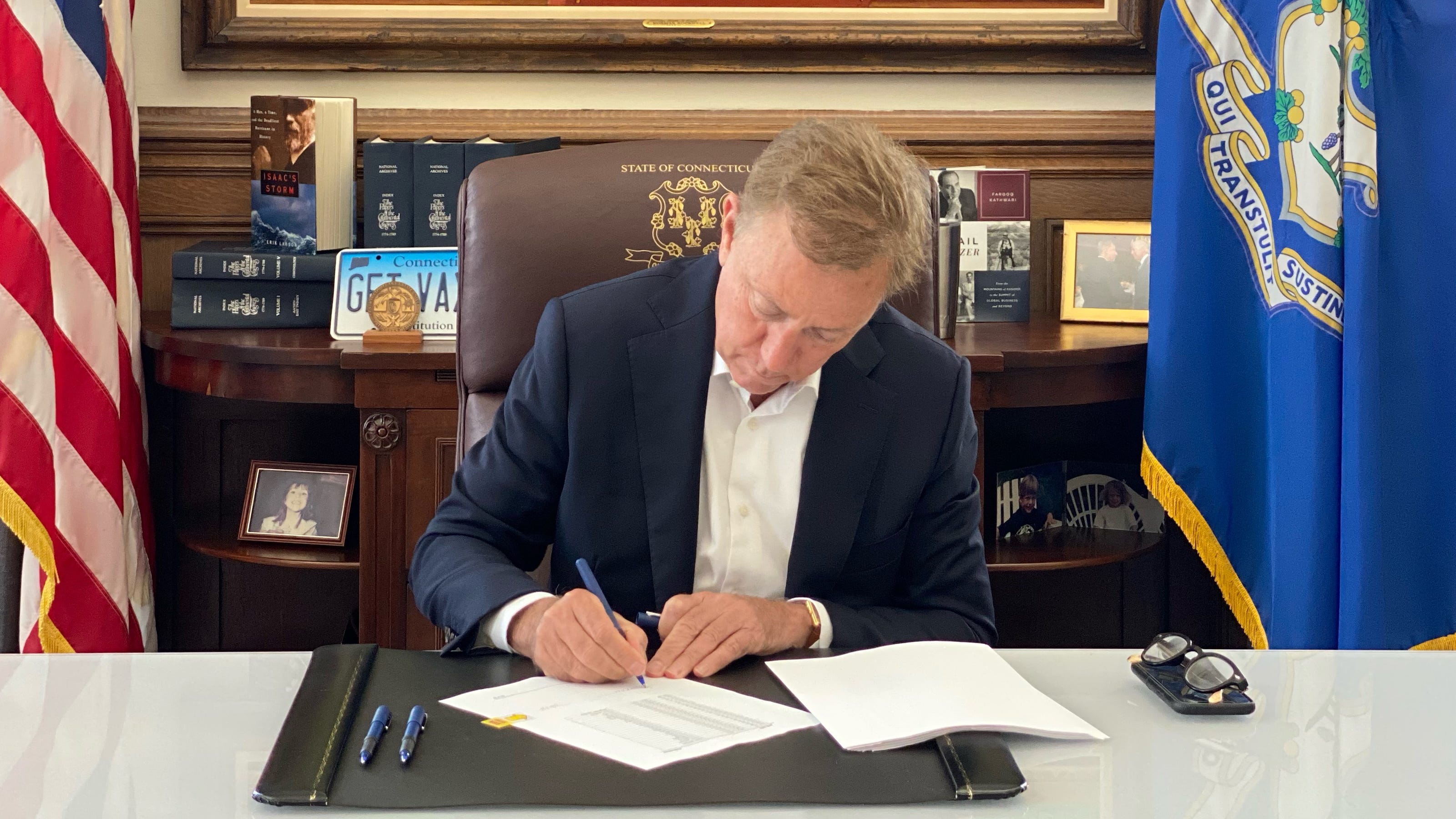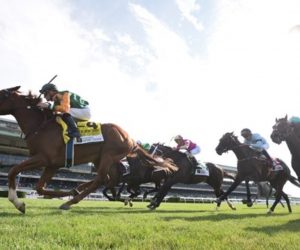Connecticut lawmakers finally passed comprehensive sports betting and online gambling legislation this week, setting in motion a move that could bring sportsbooks to the state as early as this fall.

The Connecticut Senate passed the bill 28-6 on Tuesday night, and Gov. Ned Lamont signed it into law on Thursday.
Connecticut sports betting possible this fall
Connecticut officials say they want gamblers to place bets in the state by the beginning of the NFL season in September.
The signing of the bill ends a long, contentious process that tied into issues of general gaming expansion and tribal casinos in the state. The Mashantucket Pequot and Mohegan tribes both agreed to allow the Connecticut Lottery to join them in offering sports betting throughout the state.
“Today, we celebrate the result of months of hard work and dedication toward an agreement that is best for the residents of Connecticut and the respective tribal members,†Lamont said following the signing. “I thank all of the legislators on both sides of the aisle who recognized what this deal means for our state and voted to send this bill to my desk. I also appreciate the partnership of the Mohegan Tribe and Mashantucket Pequot Tribe for collaborating with my office so that we could make this happen for the residents of our state.â€
Connecticut must still seek approval from the Bureau of Indian Affairs in order to alter the gaming compacts it has with the two tribes.
The bill allows for both in-person and online sports betting through the tribes and the state lottery. The Connecticut Lottery also gains the right to operate up to 15 retail sportsbooks throughout the state. The state will tax sports betting at 13.75%, while an 18% tax rate will apply to online casino games. The casino games tax will rise to 20% after five years. Betting on in-state college teams is prohibited.
The legislation also includes an agreement that the tribes will halt development of a casino in East Windsor for at least 10 years.
Addiction, ad blitz among concerns
While bipartisan support for the legislation was overwhelming, some lawmakers voiced opposition to the bill. State senator Tony Hwang (R-Fairfield) raised issues about the possibility of a rise in problem gambling. “We know there are going to be addiction issues,†Hwang said. “I hope I’m wrong.â€
Hwang also noted one of the least popular side effects of legalized sports betting: a deluge of ads from gambling companies.
“If you thought you saw enough commercials of DraftKings in any sporting venue that you see now, just imagine, just wait,†Hwang said. “The idea that we will now approve sports gambling, you (sic) airwaves and any sporting event you will look at and see will be flooded with calls, flooded with TV ads promoting the [get rich quick] dynamic of betting on a sports game.â€
The Mashantucket Pequot Tribe – which operates Foxwoods – has already partnered with DraftKings Sportsbook. The Mohegan Tribe will team up with Kambi for its sports betting operations. The Connecticut Lottery has yet to select a partner for its sportsbooks.
While Connecticut sports betting operations could be up and running by the fall, it remains unclear what will happen to daily fantasy sports in the state. DFS operators must now earn a license before they can offer games in the state, which could be a time-consuming process. News 12 Connecticut reported that Gov. Lamont’s staff is working with DraftKings in order to find a solution to this issue.











